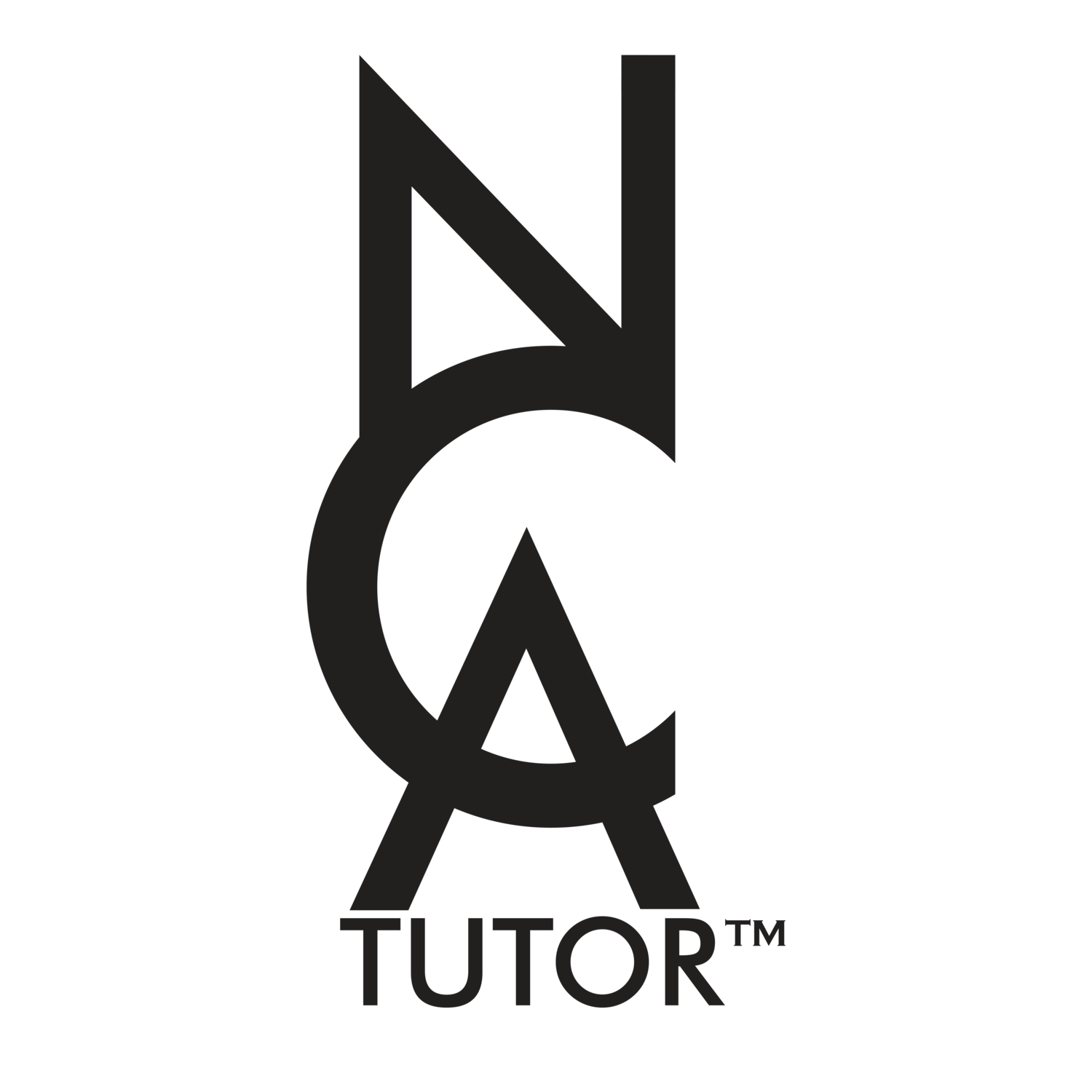NCA Graduate Interview Series: Uthishra Ravitharan
Hello NCA candidates! Today, we continue with our NCA graduate interview series. Today’s graduate is Uthishra (Uthi) Ravitharan who is a shining example of success. She’s not only completed the NCA process but also landed an articling position!
Where did you go to Law School and what kind of program did you complete (e.g. 3yr LL.B, 2yr LL.B, etc.)?
I attended City University of London which is in the United Kingdom where I completed the graduate entry two year LL.B program.
How many NCA Exams were you assigned?
After returning from London in July of 2018, I enrolled myself in the NCA process. NCA reviewed my file and told me I would have to complete a total of seven exams. I was provided with a list of five mandatory courses and a list of four optional courses from which I would have to choose two. The five mandatory exams were Professional Responsibility, Criminal Law, Administrative Law, Foundations of Canadian Law, and Constitutional Law; my four elective options were Taxation Law, Business Organization, Civil Procedure, and Remedies.
How did you complete the NCA process and how long did it take you?
I self-studied all seven of my exams. The process took me a little longer than most as I was also working full-time within the court sector and then I obtained an administrative job at a law firm. In total it took me about a year and a half since coming back from London to finish with my NCA process as I split my exams throughout the year and tried to balance school with work.
I attempted two exams in October 2018: Foundations of Canadian Law and Constitutional Law. I had been advised by many to take these two courses together and I agree as a lot of the content between both is very similar. In January 2019, I completed three more exams—Professional Responsibility, Remedies, and Civil Procedure—two out of the three were my elective courses. I completed my final two exams in August of 2019, which were Administrative Law and Criminal Law. I received my accreditation certificate of successful completion in November of 2019.
It also took about 11-12 weeks for me to get my marks back from the NCA; marks were posted on the NCA portal as just a Pass/Fail with no detailed grade provided. I felt more comfortable waiting to see if I passed before attempting the next set of exams which means I often had to wait before registering for the next sitting.
What are you doing now?
Presently, I’m articling at a mid-size law firm in downtown Toronto where I do primarily Family Law related matters.
What is something critical you learned through the NCA process?
I learned through the NCA process that it pays off to be strategic in your course selections during your LL.B. Since I had finished both family law and evidence law at university, these two were not offered to me as elective exam options. I did this intentionally as I knew I would not be able to self-study either of those subjects. Instead I was provided with four elective opinions that I was confident in teaching myself.
The NCA process also taught me to manage my time effectively. The most important thing when it comes to the NCAs is time management and being able to understand and then interpret the key legal concepts. The NCA exams are rather easy if one doesn’t skip any of the topics on the syllabus. For example of the seven exams I completed, some were one question/topic exams and others were ten question/topic exams.
In hindsight, would you do anything differently?
In hindsight, I would change the order in which I did my exams. I wish I’d have done Administrative law when I did both Foundations and Constitutional Law because a lot of the concept are repeatedly across all three exams.
I would also learn to manage my time more productively. I spent more time learning and less time practising so when it came to the exam it was hard for me to set up how much time I must put towards each of the questions.
Finally, if I were to do the NCA again, I would find a group of people whom I can work along with to review the materials, rather than self-study and do self-examinations. I heard from my fellow exam writers that doing so helped them pick-up concepts that they missed and also helped them identify alternate cases they could use.
That wraps our interview for this week! A warm thank you to Uthi for taking the time to share her perspective and insights. Join us next time for more perspectives from recent NCA grads!
- Tiffany

